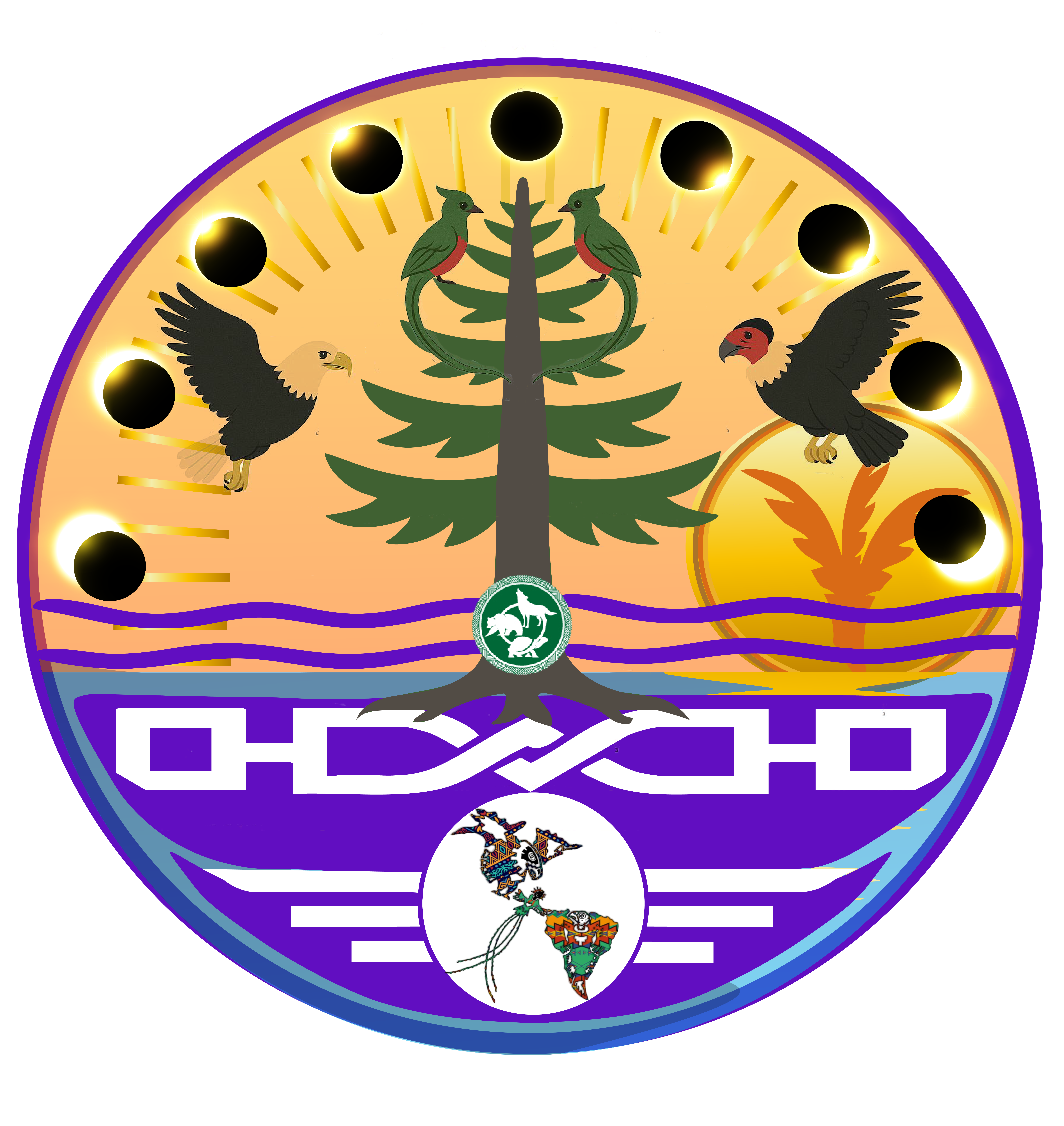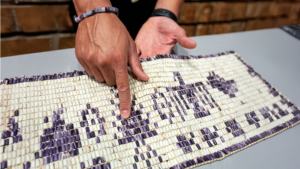Examine the impact of European colonization on the Iroquois and their strategies for survival and resilience.
The arrival of European settlers in the 16th and 17th centuries brought significant challenges and changes to the Iroquois Confederacy. The Iroquois adeptly navigated these encounters, adapting their strategies to preserve their autonomy and influence.
Early Contact and Trade
Initially, the Iroquois engaged in trade with the Dutch and later the French and English. They exchanged furs for European goods such as metal tools, guns, and cloth. This trade network significantly enhanced the Iroquois’ economic power and military capabilities.
The Beaver Wars
The competition over the fur trade led to the Beaver Wars (mid-17th century), a series of conflicts primarily between the Iroquois and other Native American tribes, as well as European powers. The Iroquois sought to expand their territory and control the fur trade routes, resulting in their temporary dominance over a vast region of North America.
Alliances and Diplomacy
Throughout the colonial period, the Iroquois skillfully employed diplomacy to maintain a balance of power. They formed strategic alliances, such as the Covenant Chain with the British, which helped them to leverage their position against both European powers and rival tribes. However, these alliances also brought them into conflicts, such as during the French and Indian War, where different factions within the Confederacy supported different sides.
Adaptation and Survival
Despite the pressures of colonization, the Iroquois demonstrated resilience and adaptability. They adopted European technology and practices where beneficial but maintained their cultural identity and political structures. The American Revolution further tested their unity, as some Iroquois nations sided with the British while others supported the Americans. This division led to significant losses and displacement, but the Iroquois continued to adapt, maintaining their communities and cultural heritage.
The history of the Iroquois during the colonial period is a testament to their strategic acumen, resilience, and ability to navigate the profound changes brought by European colonization.








